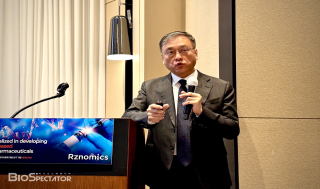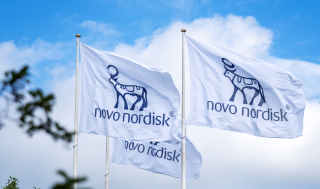기업
Lunit, raises $30M to “strengthen AI R&D in oncology”
바이오스펙테이터 Sungmin Kim 기자
Seven companies, including China's largest VC Legend Capital and domestic institutions, will participate under the leadership of Shinhan Financial Investment

Lunit, a major medical artificial intelligence company, announced on the 6th that it has attracted 30 billion won worth of Series C investment from investors from seven domestic and foreign institutions. Lunit received the largest investment inducement since after 16 billion won for Series B in 2018.
Organizations that participated in this investment include China’s largest VC Legend Capital, Intervest, IMM Investments, and Kakao Ventures. New investors include Shinhan Financial Investment Co., NH Investment & Securities Co. and LG CNS.
NH Investment & Securities Co. participated in the investment as the main shareholder of Lunit's KOSDAQ-listed company. LG CNS, Korea's leading IT service company, will take advantage of the investment to spread Lunit's AI solutions to the public medical sector to accelerate its digital transformation.
"With this investment, we will focus on global expansion of chest X-rays and mammography products that are in the process of commercialization since verification has been completed at home and abroad," said CEO Seo Beom-seok of Lunit. "And we will also accelerate research and development on artificial intelligence in oncology. We will take a step further to introduce AI from diagnosis to treatment, as well as checkups on cancer such as lung cancer and breast cancer."
They are also expanding their presence in the global market. Lunit products are used in analysis of chest X-rays and mammography images in Mexico, the United Arab Emirates, China, Thailand and Taiwan. This year, they are planing to focus on enhancing the quality of global medical services by commercializing South Korea's AI technology in more countries, including Europe and the United States.
Kim Hye-jin, director of Shinhan Financial Investment’s team who participated in this investment round as an anchor investor said "It is expected that AI industries by utilizing big data of pathology will become active globally. Global Big Pharma’s interest in AI pathology biomarkers is very high.” "And we are expecting the value will be increased for its anti-cancer drug reactivity prediction model using ‘Lunit SCOPE’, which is a platform for AI analysis of a digitized cancer tissue that Lunit is developing."



















